The specter of California’s aging water infrastructure has haunted the state for decades, but last month the Metropolitan Board of Directors took a step towards modernizing California’s water supply. On December 8th, the Board approved funding for the Delta Conveyance Project, a state initiative for building modern and resilient water infrastructures. With the Board’s approval, the Project can conduct an environmental review of the proposed construction area: the Sacramento-San Joaquin Delta.
The Sacramento-San Joaquin Delta is often referred to as the “hub” of California’s water supply and for good reason; two-thirds of California's water flows from the Sierra Mountains into the Delta. The 700 mile estuary feeds into the State Water Project (SWP) and Central Valley Project (CVP); these projects then deliver high-quality and affordable water to over 27 million Californians and 750,000 acres of farmland.
Given how important the Delta is to California’s water supply, any failure in the current infrastructure could cripple the state. Unfortunately, the Delta’s system of natural channels and antiquated levees are vulnerable to many mounting dangers, including earthquakes, rising sea levels, and the effects of climate change. A recent geological survey estimated a 72% chance that an earthquake will hit the Bay Area in the next 22 years and cause significant levee failure. Rising sea levels are an increasing threat to both the quality of the Delta’s water and the fragile ecosystems existing there. Changing climate patterns also indicate that California will soon be collecting more water from rain than snowpack; an eventuality that our 1960s infrastructure isn’t prepared for.
The Metropolitan Board recognized California’s dire need for water security during their December meeting. According to Metropolitan Board Chairwoman Gloria D. Gray, “It is critical that we do everything we can to make sure this vital water supply remains reliable.” Chairwoman Gray went on to say that funding the Delta Conveyance Project “helps ensure our communities can rely on this water for generations to come.”
The need for updated water infrastructure is clear, but past iterations of the Delta Conveyance Project failed because of environmental concerns and a hefty price tag. Governor Newsom, a staunch advocate for water resilience, tried to address these concerns in his proposal for the Delta Conveyance Project. The project plans to construct a single tunnel underneath the Delta that will feed into the SWP and two new intakes that together have a total diversion capacity of 6,000 cubic feet-per-second. The intakes will be placed further north, away from sensitive fish habitats, and convey water via tunnel to an existing SWP pumping facility in the south. Should the project proceed as proposed, it will cost an estimated 15.9 billion dollars--a slightly reduced price compared to previous versions.
While an enormous overhaul of our water infrastructure will not happen quickly or cheaply, the Metropolitan Board stressed the necessity of moving the project forward. “We’re already facing reduced water deliveries as a result of ecological challenges in the Delta. Without intervention, this critical supply faces other, growing threats, particularly from climate change,” Metropolitan General Manager, Jeffery Kightlinger, reported to the AP. The Board voted unanimously to fund their portion of the environmental review and pre-planning costs, putting an estimated 160.8 million towards the project over the next four years. They join the ranks of fifteen other State Water Contractors who have contributed funds.
With the Board’s decision, the project can now conduct an Environmental Impact Review or EIR under the California Environmental Quality Act (CEQA). The review, which is overseen by the Department of Water Resources, will evaluate the project’s environmental impact and consider a range of feasible alternatives. A draft of the EIR will be available for public review in mid-2022. Additionally, a federal agency associated with the project filed a Notice of Intent to Prepare an Environmental Impact Statement (EIS) under the National Environmental Policy Act (NEPA). The agency, the U.S. Army Corps of Engineers Sacramento District, will release their EIS for public comment in mid-2021. Californians can expect the Metropolitan Board and other funding agencies to base any future contributions on the results of these reports.
The environmental review is an early but vital step for the Delta Conveyance Project. Once these reports are in hand, Californians can make the best decision for both our environment and our water security.
As an environmental lab, Babcock stays up to date with major water infrastructure developments that safeguard California’s most important natural resource—water. Contact Babcock Labs to learn more about our environmental and water testing services.

